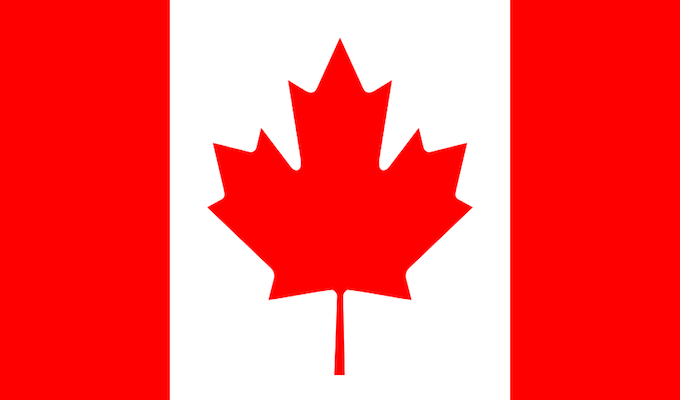The United States and Mexico have agreed to update the 1994 North American Free Trade Agreement but Canada continues to insist on deeply protectionist policies — measures that should long ago have been buried and now threaten to derail regional cooperation.
On its face, the U.S.-Mexico rewrite of NAFTA doesn’t appear wholly liberalizing. However, when seen in the context of the protectionist policies of our three principle competitors — Germany, Japan and most of all China — it strikes a reasonable balance between ensuring North America can continue to lead the developed and developing world both in freedom and technology and modernizing the agreement for the digital age.
The draft agreement recognizes that many foreign goods benefit from unfair advantages. For example, Japan inadequately enforces foreign intellectual property rights, Germany excludes American vehicles for their aerodynamic design, and China notoriously subsidizes heavy industries and forces technology giants to manufacture domestically and transfer technology to access its markets.
The combination of the princelings oligopoly power and suppression of freedom of assembly and speech makes Chinese unions docile and keeps wages down. No wonder Tim Cook finds the Middle Kingdom a capitalist paradise for the assembly of Apple products once made in America.
The U.S.-Mexico negotiations — the summer talks the Canadians chose to sit out — resulted in tough rules for duty-free North American trade in autos and many other products. Those rules would discourage manufactures from importing metals, electronic components and the like, putting those in automobiles and other products and then sending those across the Rio Grande and 49th Parallel.
It requires that cars crossing North American frontiers contain at least 40 percent content made by workers earning at least $16 per hour. When factory workers can earn more than double that in the United States and Canada, it’s a reasonable balance between Mexico’s low-wage advantage and offering our workers the continued opportunity to participate in the industry.
In addition, the draft agreement ensures free trade in technology services and protects those industries from discrimination — that should be near and dear to both U.S. and Canadian entrepreneurs.
Unfortunately for frustrated U.S. negotiators, Canadian Prime Minister Trudeau and his foreign minister and chief negotiator Chrystia Freeland are burdened by a primal Canadian impulse — Americans should buy the things Canadians do well, such as nonferrous metals, oil and canola, but Canada should not take products where Americans excel, such as dairy, film and other entertainment products.
Canada puts tough quotas on U.S. milk products through a supply management regime that artificially elevates internal prices — a silly policy as well as bad economics. Nowadays, we have no reason to expect cows to be more productive or require more feed and machinery in Ontario and Quebec than in neighboring New York, Wisconsin and Vermont.
Two decades ago, Australia abandoned a similar scheme and a new dairy sector emerged — more efficient and competitive. Instead, Ms. Freeland insists on taxing the children of the working poor with overpriced milk.
NAFTA sets aside cultural industries — broadcasters, film, newspapers and the like. Canada to this day remains free to tax and disadvantage American media. In the Internet age, Canadian talent has the whole world to market their English and French language products and suffer no inherent disadvantage. Taxing American websites, which it wishes to remain free to do, is just as repressive as Chinese censorship.
Ms. Freeland says “the cultural exemption must stand” Restraining the free flow of ideas across borders is a repression of free speech whether covered by a red flag bearing a maple leaf or China’s five stars.
Finally, when the original Canadian-American Free Trade Agreement was negotiated, Canadians were terribly concerned that our laws — similar to theirs — that limit subsidized imports and those sold below cost were not applied fairly by the Commerce Department and U.S. International Trade Commission, where I served as Director of Economics after NAFTA’s implementation.
Chapter 19 was incorporated into NAFTA and provides for special international review. However, that predates the WTO and its rules for subsidies, dumping and dispute settlement, which make Chapter 19 obsolete.
The mythology around the dairy provisions, cultural exclusions, and Chapter 19 are reliable vote getters for Canadian politicians.
Ms. Freeland says she won’t sign a deal that doesn’t benefit Canadians. It seems, however, she is most interested in benefiting Canada’s political class.
• Peter Morici is an economist and business professor at the University of Maryland, and a national columnist.
© Copyright (c) 2018 News World Communications, Inc.
—-
This content is published through a licensing agreement with Acquire Media using its NewsEdge technology.


















Recent Comments